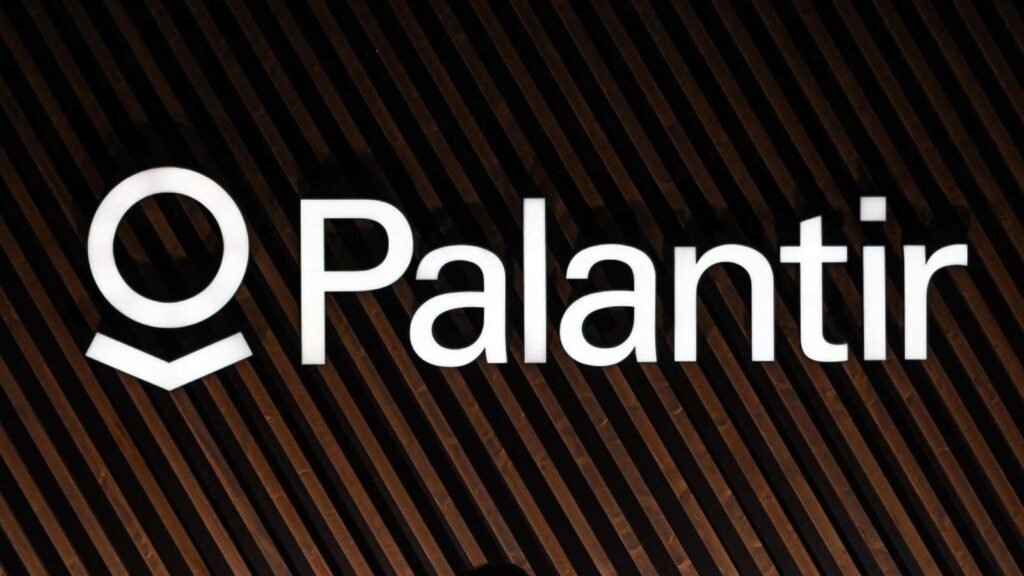Palantir has quickly become one of the most prominent names in the AI race.
Last month, recent Wall Street AI darling Palantir announced a new partnership with Teletracking to use its AI suite in conjunction with the latter’s platform to optimize healthcare operations and organizational decision-making capabilities.
Palantir’s Foundry and AIP systems will be integrated with Teletracking’s OperationIQ platform in order to:
- “Seamlessly integrate clinical, operational, financial, workforce, and third-party data
- Leverage predictive forecasting and demand modeling to manage capacity, staffing, and resources
- Enable visibility and near real-time situational awareness across regions or systems
- Drive enterprise-wide optimization of key resources and maximize patient flow through operational Command Centers
- Leverage the unique operational data of TeleTracking, coupled with the Palantir AI-native platform, to drive automation in the operational processes
- Reduce burden on staff and caregivers, while improving patient and financial outcomes.”
Alex Karp, CEO of Palantir, explains that this partnership represents the latest trend in healthcare, where systems are openly and increasingly leveraging AI platforms to improve their operations and workflows.
Palantir has certainly been instrumental in the healthcare technology revolution and has slowly increased its presence in the industry. It has an entire division dedicated to Health & Life sciences, including platforms to support fundamental and translational clinical sciences and research. It even has a dedicated vertical for hospitals, developed to address their systematic data needs. The company boasts clients ranging from the NHS in England to some of the largest systems in America, including HCA Healthcare and Mt. Sinai Health System. It is also doing work in the regulatory standards and compliance space, such as with The Joint Commission to optimize healthcare and accreditation data.
Why is Palantir so interested in healthcare?
Because its entire business is based on leveraging data for better insights, and healthcare is one of the most data rich fields in the world. In fact, healthcare produces nearly a third of the world’s entire data, and studies indicate that almost 97% of it goes unused. Palantir’s entire platform is built around the idea that data is the key to optimize any field, and the company specializes in bringing structure and organization to siloed datasets to glean better insights.
This is the same reason why so many other technology giants are similarly interested in this space. Google, for example, which just reported record earnings, has massively grown both its core AI and cloud businesses. It is heavily involved in the healthcare sector to do something similar: help customers bring clarity and insights to their unstructured data sets.
Microsoft is doing similar work with its Azure business which has numerous healthcare clients. The company provides a suite of tools for its customers to enable better outcomes with more data insights and tools. Additionally, Microsoft’s heavy investment in OpenAI is also a part of the revolution; recently, OpenAI released its HealthBench tool, aiming to create a standard and rubric for AI applications in healthcare settings.
Despite the rapid progress, healthcare continues to have incredibly nuanced challenges, especially with regard to data and interoperability. Nonetheless, the field’s rapid acclimation of emerging technologies provides promise for progress.


